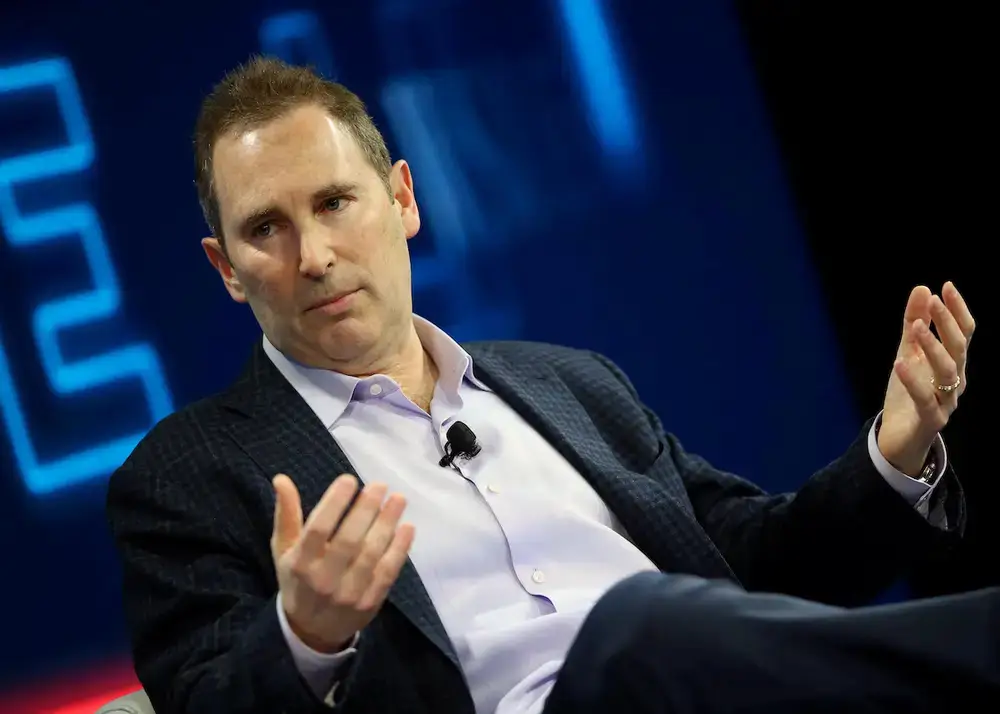Amazon cracks down on ‘coffee badging’ employees by tracking individual hours spent in the office

Amazon is now monitoring the hours corporate employees spend in the office. This move is intended to crack down on people who are trying to skirt the company’s return-to-office policy, B-17 has learned.
Several teams across Amazon, including the retail and cloud-computing units, were told in recent months that a minimum of two hours per visit is required to count as office attendance, according to multiple screenshots of internal Slack messages obtained by B-17 and people familiar with the matter. Some teams have been told to stay at least six hours per visit.
Amazon’s goal is to ramp up scrutiny of “coffee badging,” some of the Slack messages said. Coffee badging refers to employees who badge in, get coffee, and leave the office shortly to satisfy their return-to-office mandate. Amazon started requiring office attendance for most corporate staffers three times a week last year, but it didn’t have a minimum-hour obligation for each visit.
The move is the latest point of tension in Amazon’s long fight to bring employees back into the office. Since announcing its return-to-office plans early last year, Amazon has faced fierce pushback from employees, with roughly 30,000 people signing an internal petition opposing the policy. Amazon later doubled down by forcing some employees to move closer to their teams and blocking promotions of people who failed to comply. Amazon’s CEO Andy Jassy even warned non-compliant employees to leave the company.
In an email to B-17, Margaret Callahan, an Amazon spokesperson, said the company has started to “speak directly” to employees who haven’t spent enough time in the office.
“Over a year ago we asked employees to start coming into the office three or more days per week because we believe it would yield the best long-term results for our customers, business, and culture. And it has. The vast majority of employees are in the office more frequently, there’s more energy, connection, and collaboration, and we’re hearing that from employees and the businesses that surround our offices,” Callahan said.
“Now that it’s been more than a year, we’re starting to speak directly with employees who haven’t regularly been spending meaningful amounts of time in the office to ensure they understand the importance of spending quality time with their colleagues.”
‘Like high school students’
Many Amazon employees shared their frustration over the new mandate, the Slack messages showed. They complained that it’s an unreasonably stringent policy that’s raised more confusion.
One person questioned if badging in to eat lunch for two hours would count as a workday. Some wondered how exactly the hours could be tracked or if it’s even legal to do so. Another person said Amazon’s motivation for this wasn’t clear, as the company never officially announced it nor explained why it was doing it.
“It’s all just so not transparent, it’s maddening,” this person wrote in Slack.

Amazon CEO Andy Jassy.
Others were more snarky, pointing out that employees will eventually figure out a way to circumvent this rule. Some people warned that Amazon has fired people who failed to comply with the in-office work policy. One person wrote that people will act like high school students “if you treat employees like high school students.”
“Remember when we were measured on metrics that actually mattered?” one of the people wrote in Slack.
More companies are enforcing RTO policies
It’s not just Amazon that’s dealing with coffee badging.
A recent survey by LinkedIn News showed 19% of workers are still coffee badging. Another survey from last year by videoconferencing company Owl Labs showed that 58% of hybrid workers have coffee-badged.
More companies now appear to be taking action. A July survey by WFH Research found that managers are getting tougher on enforcing return-to-office policies. In February 2024, 23% of the respondents said non-compliant employees faced termination, up from 11% in 2022. About 17% of the respondents said their employer didn’t punish the violators, a big drop from the 34% in 2022.
Even so, at least one Amazon employee seems to have already found a way to circumvent the new attendance policy.
This person wrote in the Slack channel that they were able to badge in through one of the back rooms located in their local Whole Foods store (Whole Foods is an Amazon subsidiary). The door didn’t unlock, this person added, but the badge-in did register as an attendance on Amazon’s internal report.
“Could I badge into this door 3 days per week and save myself from having to commute to the office?” the person wrote in Slack.






